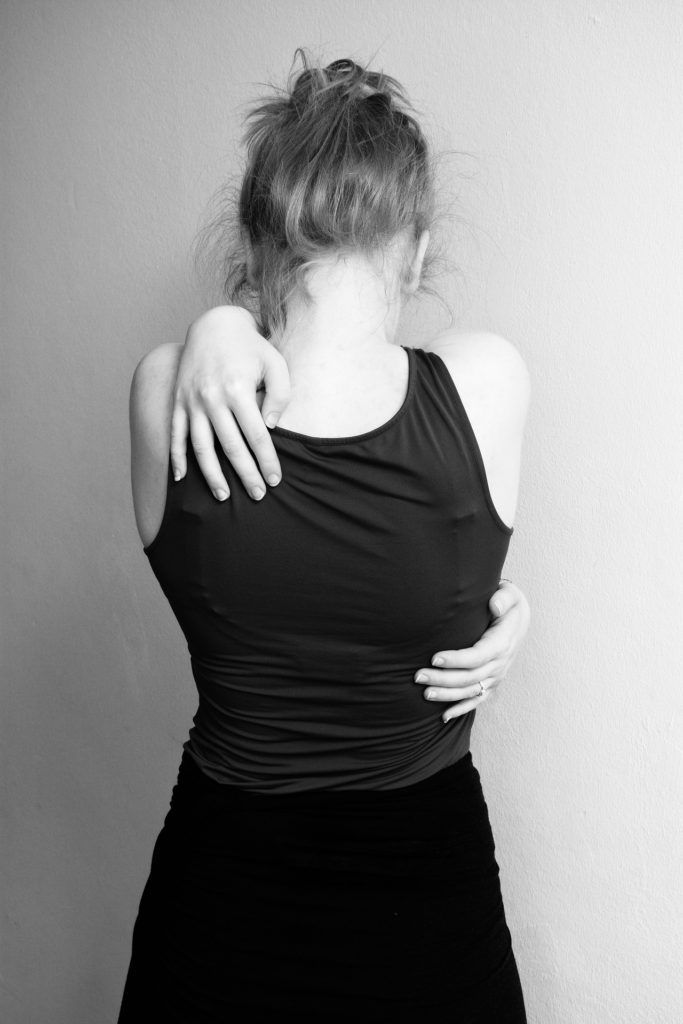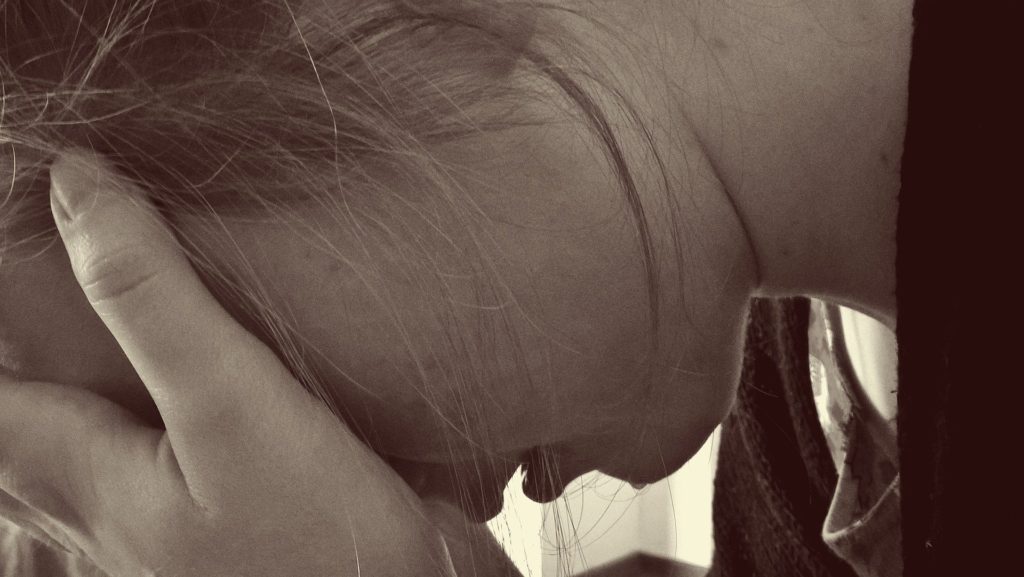
Postpartum depression symptoms and treatment
Postpartum depression
Postpartum depression is a set of emotional alterations and behavioral shifts that could happen after delivery. And linked to a variety of physiological and psychological changes. The term “postnatal” or “postpartum” depression has been used in the literature to describe this illness.
It is not a whim of the mother, but rather a serious condition. Many women feel weeping, grief, anxiety, concern, tiredness, and other emotions after giving birth. This is due to the significant hormonal changes that occur during delivery. The condition usually returns to normal within a day or two.
These mood fluctuations are not the same as postpartum depression. It’s a far more significant problem. Moms suffering from postpartum depression grow sadder and more anxious, in contrast to other mothers, whose moods stabilize and they begin to appreciate the delights of parenthood. There are 10-15% of new moms who suffer from postpartum depression (PPD).
PPD generally begins during the first month of giving birth, although it can occur weeks or even months later for some women. These mothers liked and thrilled in caring for their infants at first, but as time went on, they became increasingly unhappy. The duration of postpartum depression varies from a few weeks to several months, and sometimes longer.
What isn’t a symptom of postpartum depression?
Mood swings, indifference, worry, sorrow, and rage are not symptoms of postpartum depression. Other unpleasant emotions that a woman experiences after childbirth they aren’t too strong or stay too long.
The levels of the hormones estrogen and progesterone drop dramatically after delivery in a short period of time (several days). It abruptly recovers to its pre-pregnancy level, which has a major impact on mood. Furthermore, a lot may happen in a woman’s life in only a few hours. She need to required to care for a newborn baby in a different manner than she had been doing for the previous nine months.
If mother’s sentiments differ from what is expected of her, especially from what she expects from herself, it is unavoidable that she will be unhappy. Many women, for example, take time to fall in love with their kid; it does not happen overnight, and if they anticipate it to happen the moment they meet their baby, they are likely to feel guilty and ashamed. Insomnia, discomfort, and exhaustion are all factors that lead to a negative mood.
There’s a risk that we’ll start to see the gloomy mood, sorrow, and indifference that come with exhaustion as a symptom of depression, which we’ll take our thinking too seriously when we’re in that condition, and experience dread, guilt, or grief as a result of those gloomy thoughts.

Symptoms of postpartum depression
Bellow are the following symptoms of postpartum depression. If you occasionally encounter one or more of these symptoms, it does not indicate you are depressed. Motherhood, on the other hand, is a demanding profession that demands physical, mental, and emotional exertion. This may be quite tiring at times. However, if you’re experiencing a lot of these symptoms and they’re not going away, you should get expert treatment.
The following are signs and symptoms of postpartum depression:
- You feel depressed the most of the day; Especially in the evenings and mornings;
- If you feel as if life has no purpose for you; And you feel dissatisfied with everything;
- You feel bad about yourself and judge yourself;
- Irritability;
- Crying;
- You are unable to enjoy yourself;
- Exhaustion is a common occurrence;
- Insomnia;
- Your sense of humor has vanished;
- You can’t keep up with your responsibilities, and you believe you don’t have enough time to get everything done;
- You’re always anxious about your child. So you keep asking the doctor to reassure you that everything is alright;
- You’re concerned about your personal well-being;
- The inability to focus on anything;
- Others think you’re a baby;
- Sexual drive has waned;
- Problems with memory loss;
- Making decisions is difficult;
- Appetite loss or overeating.
Treatment
It’s conceivable that the symptoms of postpartum depression will go away without medical help. Within three months after delivery if you don’t seek help. If the symptoms of postpartum sorrow continue longer than two weeks or begin to interfere with regular daily living. Medical treatment should be as soon as possible. Antidepressants are one of the initial stages in treating postpartum depression. Antidepressants reach the infant through breast milk. It is important to see a doctor about how to take and pick the kind of antidepressant if the mother is nursing.
Some antidepressants are so tiny. That they can thought to offer more advantages than risks. Others can significantly pollute breast milk and cause harm to the infant. Psychotherapy is frequently suggested in conjunction with medications. The mother may be referred to a trained psychologist or psychiatrist. Who will provide emotional support as well as assistance in comprehending her feelings. Cognitive psychotherapy is particularly beneficial in the treatment of postpartum depression.
The objective of this treatment is to train moms to think positively. And constructively and to alter their bad patterns of thinking and feeling.
What can you do to assist yourself about postpartum depression?
Recognize the issue at hand. It’s critical to understand that this is a PPD. It’s a lot easier when you know what you’re up against. Many people find it reassuring to know that they are not alone in their struggles. You are not alone. And this is only a temporary situation.
Keep an eye on your nutrition. If you’ve lost your appetite, consider eating more frequently but smaller meals. Breakfast is the most essential meal of the day; do not skip it. Consume a lot of carbohydrates. Eat a bar of chocolate if you’re feeling down. Avoid turning all of your meals become desserts during the day. Make sure you’re getting enough fruits and veggies in your diet. A well-balanced diet is essential for the body’s healthy functioning. Rest and relax as much as possible. Listen to relaxing music. Read a book, sip a hot beverage-do whatever you need to do to unwind. Do not pass judgment on oneself.
You must accept that you are ill and that you will require time to heal. You are not like that because you made a mistake or because you are weak. Depression, like any other ailment, is a disease. What is happening to you is not your fault. Don’t be too hard on yourself; After a while, you’ll feel better.

When a woman is suffering from postpartum depression, how can her family assist her?
Speak with a doctor to have a better understanding of the disease’s nature. You will feel better once you understand that it is an illness. And that there are things you can do to assist. Keep in mind that the mother’s situation is just transitory. Over time, you will feel better. Speak with her and suggest that she get medical assistance. Accompany her to her doctor’s appointments. Don’t tell her she needs to look for herself. She would do it if she could. Assist with both home and infant tasks.
Encourage her and let her know that she will improve. Pay attention as a woman, not simply as the mother of your child, if it’s your wife. Find someone to look after the infant while you spend time with her. Seeing her in such a situation is undoubtedly tough for you. However, make an effort to comprehend it and refrain from feeling bitter or rejected. She is in desperate need of your help.
Postpartum depression more types of treatment
Postpartum depression can be treated in a variety of ways. Is critical that you understand all of your options in order to overcome this issue.
Pharmacotherapy
The most often prescribed antidepressants are SSRIs (Selective Serotonin Reuptake Inhibitors). They work by increasing serotonin levels. A mood-regulating neurotransmitter with fewer adverse effects than conventional antidepressants. Antidepressants that operate on multiple neurotransmitters in the brain are known as atypical antidepressants. Antidepressants such as tricyclic antidepressants and monoamine oxidase inhibitors are older. They have a lot of negative effects. And are only used when all other treatments have failed. Antidepressants only start working after a few weeks of therapy, so be patient.
Psychological treatment
Women suffering from postpartum depression are frequently advised to seek psychological help. The following are the most often utilized treatments:
Cognitive behavioral therapy (CBT) is a form of treatment. That is founded on the premise that negative and irrational ideas are linked to poor behavior. Its objective is to break down these thought patterns. And discover new ways of thinking that can aid in the development of more acceptable behavior. A mother, for example, has an unreasonable expectation. That being a mother entails never making a mistake. Cognitive-behavioral therapy aims to teach the person to recognize these ideas as bad. And to replace them with more suitable ones.
This therapy lasts 3 to 4 months. And can be done alone or in a group setting. Interpersonal therapy is a type of treatment. In which a person tells the therapist about their interpersonal issues. Its objective is to discover difficulties in relationships with family, friends, or coworkers. And examine how they relate to their symptoms of depression. And to link interpersonal issues to a person’s mood and work on those individuals.
Hormone therapy is a type of treatment to postpartum depression
If your estrogen levels are low, this treatment may be a possibility. Weight gain, breast discomfort, nausea, and recurrence are all possible side effects of hormone treatment.
What is the most important to know about the treatment from postpartum depression
Family members may be very helpful if there is a suspicion of postpartum depression. And they should notify the doctor as soon as possible if they notice any symptoms or indications. If the mother is experiencing hallucinations or hallucinations involving the kid. And if she is considering hurting herself or her child. It is critical that she get medical treatment. Furthermore, family members should remember that this form of depression. That is not a sign of weakness and is just transitory. Shopping, childcare, and housework should all be done by the family to assist the mother.

Wow! This could be one particular of the most useful blogs We’ve ever arrive across on this subject. Actually Magnificent. I am also a specialist in this topic so I can understand your effort.